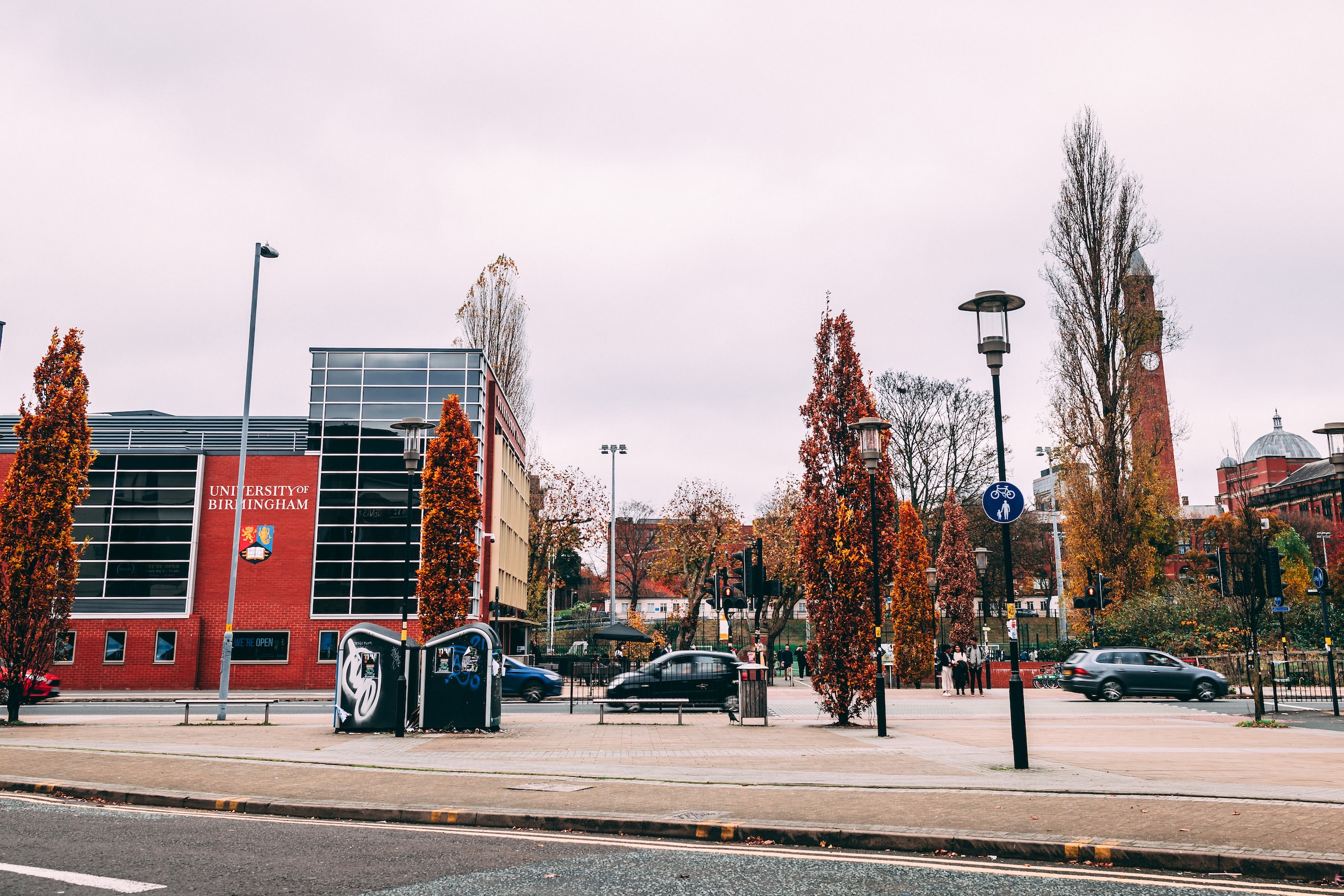
Comment Writer Tom Cohen explores the UK’s uniquely left-wing brand of transphobia, arguing that its rhetoric needs to be challenged by platforming the voices of members of the trans community
Content Warning: This article includes discussion of transphobia
Emancipatory discourse around the world has been increasingly punctuated by the subject of trans rights. As inclusivity increases in media, entertainment and celebrity culture you would not be blamed to think that material conditions for trans and non-binary folk are getting better and not worse. However, the United Kingdom’s press, politics and public seems to be woefully devoid of such emancipatory fervour in the debates that matter most.
It is all too common among British left-wingers, when appalled at the state of our government, to take comfort in the sentiment, ‘well, at least we’re not as bad as the Americans.’ Not only does this lead to complacency, but in many cases, especially trans rights, it is simply not true. You may have seen the High Court ruling that banned puberty blockers for under-sixteens wrestling with their gender identity. Or seen that the National Lottery’s donation to the transgender youth support charity Mermaids was met with a tirade of maliciously orchestrated complaints. Who could forget the extreme publicity J.K. Rowling has received after she aired her concerns on her blog? Transphobic hate crimes in the UK have quadrupled in the past five years and critical medical help has been denied to transgender and non-binary individuals in desperate need.
What makes this so perplexing is that the UK’s brand of transphobia is uniquely ubiquitous and insidiously left-wing. Where you might expect conservatives to have a monopoly on bigotry, in the UK, the most vocal anti-trans activists seem to be the ones who do not attempt to mask their hate behind dog-whistle and euphemism, but rather themselves identify as feminists. Last year, the trendy, ever woke-presenting cosmetics chain Lush caused a stir when it was found that they had donated £3,000 to the charity Woman’s Place UK, one of a number of trans-exclusionary ‘women’s rights’ charities operating in the UK. Although trans-exclusionary feminist groups are often guised and cautious in their transphobia, presenting themselves as merely concerned for the objections of cis women, the viciousness they reserve for gender-nonconforming people is vivid in more unmoderated decentralised forums. The parenting website Mumsnet is one such forum: its ‘Women’s rights’ section nowadays contains little more than a litany of posts about ‘the trans debate,’ one referring to the ‘trans social contagion.’ So much for simply voicing women’s concerns.
“The UK’s brand of transphobia is uniquely ubiquitous and insidiously left-wing
But why the UK? And why is there transphobia spreading throughout feminist discourse? While a 2020 YouGov poll shows that the majority of the British public agree that ‘a person should be able to self-identify as a gender different to the one they were born in,’ the same poll reveals that this acceptance is highly contingent. Britons said that they were not in favour of easing the process by which trans people could legally change their gender, a process that is needlessly long, over medicalised and downright intrusive to many trans folks. The poll also seems to suggest that the British public view trans-validity as resting on psychiatry and medical surgery, rather than identity (what some call trans-medicalism).
It is not surprising that the poll found that older Brits are far less accepting of gender-nonconformism, since LGBT issues had no hope of being taught in schools from 1988 to 2000 as a result of Thatcher’s infamous ‘Section 28.’ I would argue that this lack of education has led to a whole generation whose understanding of trans rights has come from dubious media sources which tend to sensationalise. An Ofcom report into representation in BBC TV found that when representing trans people, often the focus is on the negative, medical side of transitioning – a far cry from representation toward normalisation. ‘Why does it have to be so gloomy? […] We’re the same as everyone else – show the after life, not the hospital […] I’m going through that myself – I need to see something positive.’ said one interviewee from London.
“Forgetting that gender rests on identity, transphobes have chosen the body and the public toilet as their bigoted battlegrounds
I also see this as bringing over-attention to trans-bodies and side-lining trans-identity, amplifying the false notion that to be trans is to have undergone surgery, which so many do not have access to, and some do not want. Forgetting that gender rests on identity, transphobes have chosen the body and the public toilet as their bigoted battlegrounds. This leads to more obvious and direct instances of the hateful British attitude toward trans rights, as is evident in our nation’s tabloids’ obsession with the argument that trans women in women’s spaces endangers cis women, even though studies have shown this to be a myth. The simple fact is trans women are women, so I see any feminist that excludes trans women from the fight for equal rights as not living up to their name.
It is the responsibility of those presenting the trans community in the media to be honest, listen and to not sensationalise the facts. British actress and YouTuber, Abigail Thorn, who recently came out as a trans woman, said in her public statement that ‘trans people, especially trans people of colour, are hit hardest by unemployment, homelessness and domestic, sexual and police violence, but the conversation always focuses on wealthy white cis women tweeting about toilets.’ This country needs to radically change its discourse by airing the voices of marginalised people to the voting public if we are to move toward becoming an accepting community. We need to tackle our transphobia problem in order to reverse the material damage it has done to trans people.
More from Comment:
Is Gordon Brown Correct About How to Save the Failed State of Britain?
Tweets, Turmoil and Far too Many Tirades: What Will Trump’s Legacy Be?

Comments